On Valentine’s Day we pay homage to love, both real and imagined. Read on for how one City writing student found love on a short creative writing course, and five more published debut novels exploring the complexities of love.
Back in 1987 a young woman called Philippa enrolled on a creative writing short course at City. She wanted to learn about writing, but she was also hoping to meet someone special. As it turned out, she got both.

Philippa Perry
Philippa has now written three best-selling books and is an internationally renowned psychotherapist and agony aunt. As for that special someone? Attracted to another classmate on the course—the blonde ‘show-off’ in the red leather jacket—she began going to the pub with him after class.
That ‘show off’ turned out to be Grayson Perry.
That’s right, reader, she married him.
And if that’s not romantic enough for you on Valentine’s Day, how about treating yourself to one of these love stories, all from the pens of our talented writing short course alumni:
Rachael’s Gift by Alexandra Cameron, Novel Studio alumna

Rachael’s Gift, debut novel by Alexandra Cameron
A skilfully plotted, continent-crossing literary thriller which explores a mother’s love for her troubled daughter and the lengths she will go to protect her.
Dona Nicanora’s Hat Shop by Kirstan Hawkins, Novel Studio alumna
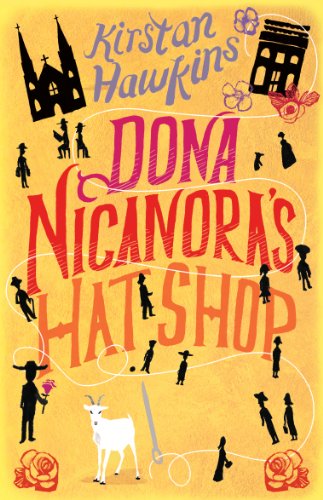
Dona Nicanora’s Hat Shop, by Kirstan Hawkins
Doña Nicanora has her heart set on turning Don Bosco’s barbers into a hat shop, but Don Bosco has his heart set on her. A wonderfully warm-hearted comedy of errors set in a backwoods South American town.
Ten Steps To Us by Attiya Khan, Novel Studio alumna
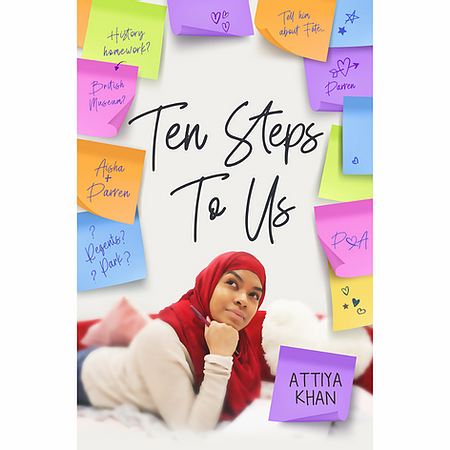
Ten Steps to Us by Attiya Khan
A compelling and timely YA story about a teenage Muslim girl navigating love, identity and faith in the UK.
Butterfly Ranch by Remy Salters, Novel Studio alumnus
In a remote jungle lodge in Southern Belize, a local policeman investigates the mysterious disappearance of a world-famous reclusive author. A masterful tale of obsessive love, self-destruction and unexpected redemption.
Flesh and Bone and Water by Luiza Sauma, Short Story and Writers’ Workshop alumna
A letter delivered to Dr Andre Cabal in London catapults him back to his 17-year-old self in 1980s Brazil and begins the devastating and mesmerizing story of one man’s secret infatuation for the daughter of his family’s maid.
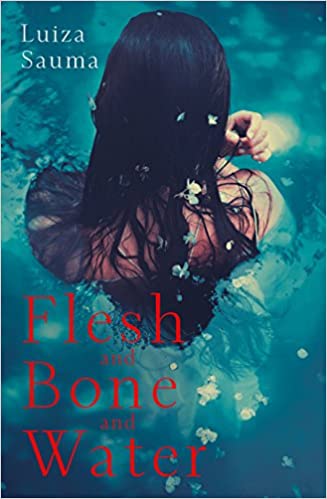
Flesh and Bone and Water by Luiza Sauma
To find out more about our writing short courses visit our home page here.
Or join us on 28 March for our online Open Evening where you can sample free taster classes, speak to our writing coordinator and find out more about all City’s short courses. Register here.




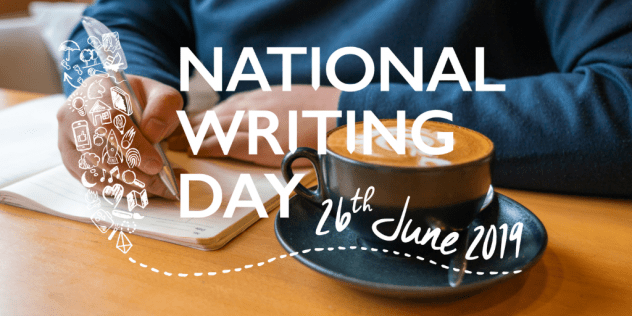



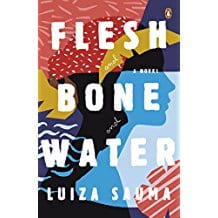
Recent Comments